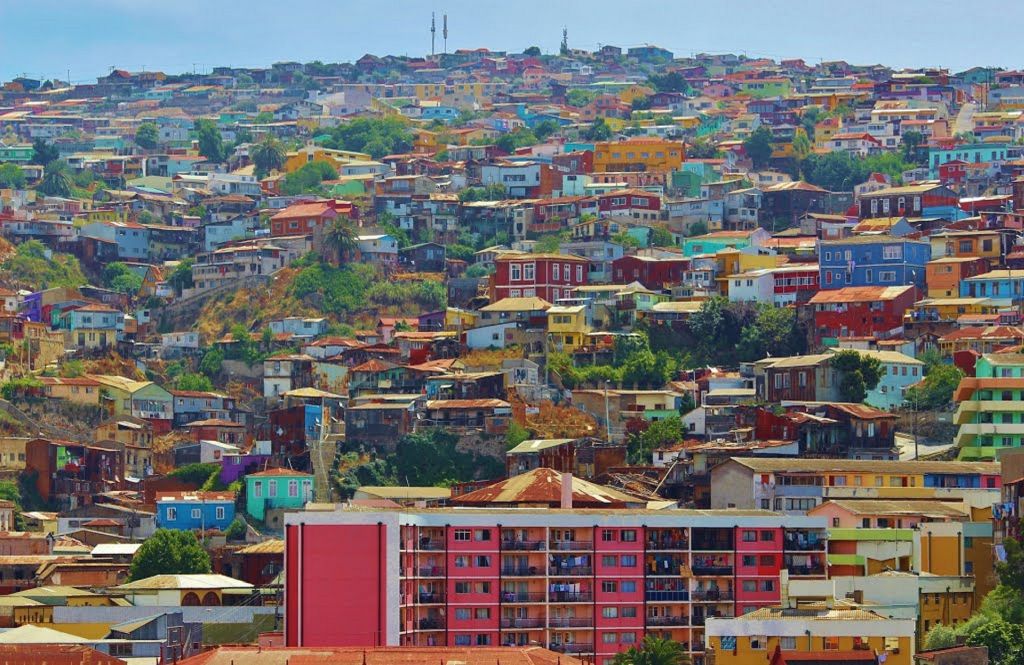EIU Democracy Index: Chile rises, Mexico loses
The quality of democracies in Latin America has continued to decline every year since 2015. Nevertheless, there are positive developments.
by Alexander Busch, Latin America correspondent for Handelsblatt and Neue Zürcher Zeitung
Latin America remains the region in the world with the highest density of democracies after North America and Europe, according to the Economist Intelligence Unit’s (EIU) latest Democracy Index for 2022. But the quality of democracies in Latin America has continued to decline – for the seventh year in a row.
There are two contrasting regional trends in Latin America with regard to democracies: Central America, the Caribbean and Mexico are becoming increasingly authoritarian. South America, on the other hand, is largely able to maintain the level of its democracies.
El Salvador, Mexico and Haiti are the region’s democratic rejects.
This is particularly worrisome for Mexico, where about 20 percent of Latin Americans live. President Andrés Manuel López Obrador is persistently trying to reduce the influence of the electoral authority and is increasingly relying on the military in the economy. In addition, the independence of the media is threatened, according to the EIU.
In South America, on the other hand, democracies held their own last year, especially in Brazil, Colombia and Chile. There, fundamental political changes legitimized by elections have taken place.
In Brazil, the increasing erosion of democratic institutions under President Jair Bolsonaro was halted when he was voted out of office. His supporters’ attempt to annul the election results with the help of the military also failed.
In Colombia, Gustavo Petro was the first left-wing politician to come to power with a clear mandate from voters. In Chile, too, Gabriel Boric has been elected as a left-wing president amid complex constitutional reform.
In both states, the elections were not challenged despite the sometimes close results. It was possible to defuse the charged and polarized mood among the population. Shortly before the pandemic, there had been nationwide, violent protests in both states.
In addition, three countries in South America – Uruguay and Chile, along with Costa Rica in Central America – are in the top democratic group of 24 countries worldwide. This shows that democratic progress is possible even in the face of complex challenges in the region. Uruguay is the top performer at 11th place, three positions ahead of Germany. Costa Rica and Chile are roughly on a par with Great Britain or Austria.
Nevertheless, this is little consolation: These three model democracies unite just four percent of the 670 million Latin Americans. Just under half (45 percent) live in authoritarian states or democracies with major shortcomings, i.e. “flawed democracies. For almost two-thirds (62 percent) of Latin Americans, the state of their democracies has deteriorated.
Dictatorships are Cuba, Nicaragua, Venezuela and Haiti. In El Salvador, President Nayib Bukele is transforming his country into an authoritarian regime.
The EIU sees the growing power of drug mafias and militias as one of the greatest threats to democracies in Latin America. Their extremely high profits make it easy for them to undermine democratic institutions through corruption.






